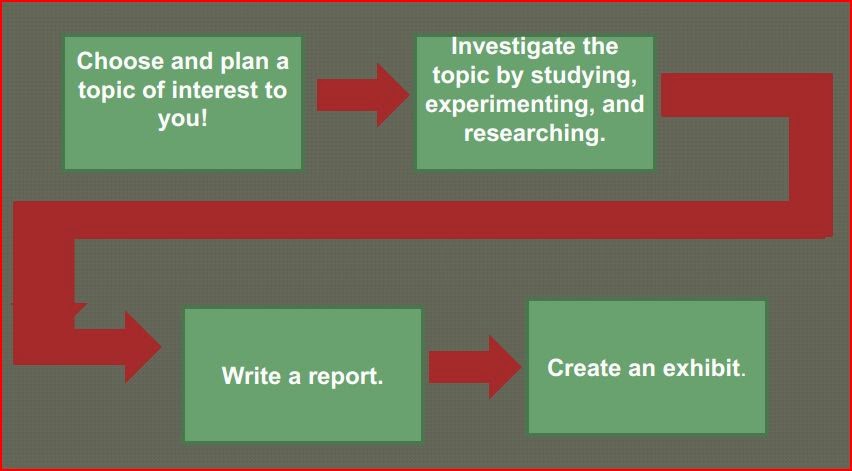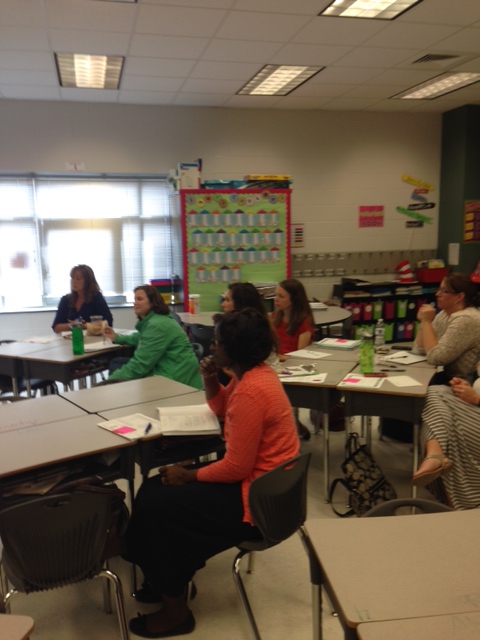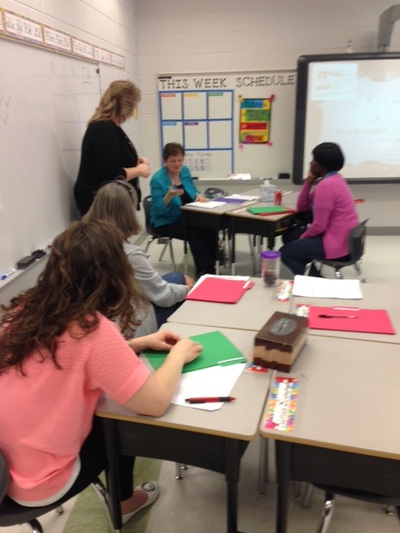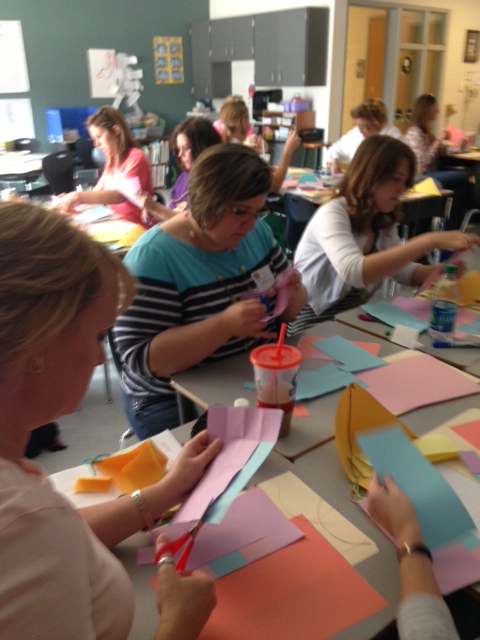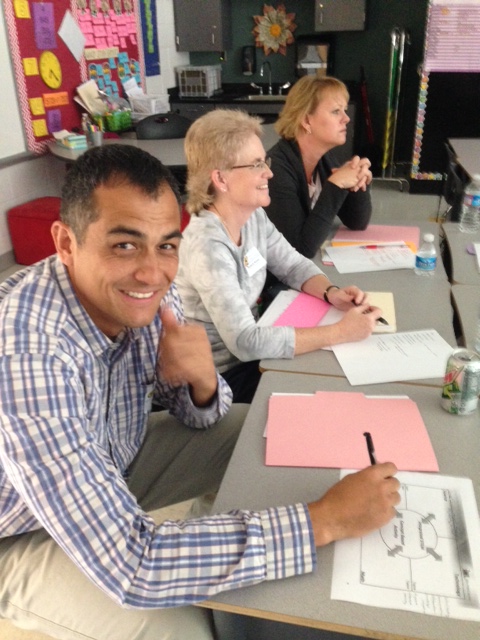by Dr. Cynthia Dewey
As educators, we understand that how children learn is connected across multiple learning domains.
For example, how children approach a learning task is connected to their
cognitive development, their emotional-social development, their health and
physical development, and their language development and communication skills.
Observing for behaviors within these developmental domains helps us to get a
more complete picture of what children know and are able to do. How well children
perform in one area impacts how well they’ll perform in others, which could ultimately
affect whether or not they reach their potential.
It is important to us, in the NC
Office of Early Learning, to utilize Learning Domains and
a whole child lens as the K-3 Formative Assessment is developed. The five
domains included in the K-3 Formative Assessment are: Approaches to Learning,
Cognitive Development, Emotional-Social Development, Health & Physical
Development, and Language Development & Communication.
The following examples from the NC Foundations for Early Learning
and Development demonstrate what each
domain might look like in K-3 classrooms.
|
Learning
Domain
|
Classroom
Application
|
|
Approaches to Learning
|
·
During a class meeting, the teacher may listen
and respond to students as they share thoughts.
·
Encouraging students to think about new ideas
and/or approaches.
·
Helping students to think and talk through
different approaches to problems.
·
Ask probing questions to help students stay
focused on task.
|
|
Emotional and
Social Development
|
·
Allow students to participate in discussions
related to classroom decisions and helping to establish rules and routines.
·
Read a familiar book and discuss each character’s
feelings or reactions.
|
|
Cognitive Development
|
·
Making planning a regular part of the day.
·
Introduce a problem and encourage students to
come up with as many solutions as possible.
·
Field trips to museums, galleries, plays,
concerts and other cultural events.
·
Provide opportunities for students to respond
through music, movement, dance, dramatic expression, and art.
·
Involve students in school and community
service projects.
·
Prompt thinking and analysis by asking open-ended
questions.
·
Have students use the scientific method of
inquiry.
|
|
Health and
Physical Development
|
·
Several periods of active physical play each
day that includes child-directed play and adult-directed play, with the adult
participating in the activities.
·
Students regularly use a variety of hand-held
tools and objects (pencil, crayons, scissors, manipulatives, etc.).
·
Provide opportunities for students to practice
self-care skills independently as they are able (open milk carton, zipping
jacket, packing up book bag, etc.).
·
Practicing a fire drill and talking about the
students’ responses.
|
|
Language Development and Communication
|
·
Model good conversational skills and encourage
students to use them.
·
Provide and share fiction and non-fiction
books that stimulate children’s curiosity.
·
Give students frequent opportunities to write
for a variety of purposes.
|
Dr. Cynthia Dewey is on the NCAEE board and serves as the Director for Region 3. Cynthia recently celebrated her 10th year of service in public education in North Carolina. She is passionate about her work serving children, teachers, and families at the NC Department of Public Instruction in the Office of Early Learning. To learn more about the exciting work in the Office of Early Learning visit the wikipage. Prior to her work in NC, Cynthia served in Ohio and South Carolina as a classroom teacher, literacy specialist, district administrator, and literacy professor. Her career in education spans 27 years. You can connect with Cynthia on twitter.




